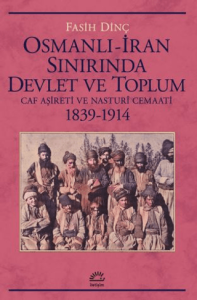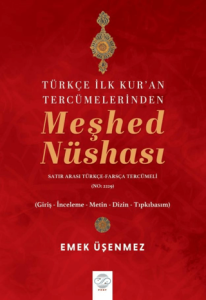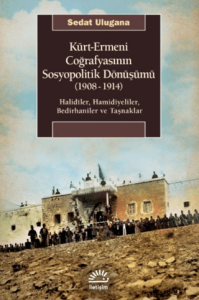
This book approaches the Ottoman period of Robert College, founded by American missionaries in Constantinople in 1863, by focusing on hitherto insufficiently explored aspects of its sesquicentennial history, related to its nature and educational ideals, as well as to its student body. Being based on the colleges archives, dispersed in Turkey and the United States, the government archives of Ottoman and early republican period, as well as other vernacular archives, the book delineates the specific place and role of the college in the field of Ottoman education by promoting Protestant ideals through liberal education. The so-called secular Protestantism affected the whole concept of education practiced at the college and it affected more or less the students mindset. The college put emphasis on the formation of strong characters in its students so as to make them able to take responsibility for their own life and development. It was achieved, not only nor even mainly through the course of studies in a wide variety of fields, but also through the all-round atmosphere in the college and especially the personal relationship between the students and their instructors. On the basis of statistics drawn from various relevant sources, the book traces out the dynamics in student enrollment and outlines those periods in the colleges history in which certain nationalities were prevalent, not only in terms of physical presence but also in terms of influence in the student body.
The book provides also prosopographical research of the Bulgarian and Turkish students, based on data collected from the catalogues of students, preserved in the colleges archives.
This book approaches the Ottoman period of Robert College, founded by American missionaries in Constantinople in 1863, by focusing on hitherto insufficiently explored aspects of its sesquicentennial history, related to its nature and educational ideals, as well as to its student body. Being based on the colleges archives, dispersed in Turkey and the United States, the government archives of Ottoman and early republican period, as well as other vernacular archives, the book delineates the specific place and role of the college in the field of Ottoman education by promoting Protestant ideals through liberal education. The so-called secular Protestantism affected the whole concept of education practiced at the college and it affected more or less the students mindset. The college put emphasis on the formation of strong characters in its students so as to make them able to take responsibility for their own life and development. It was achieved, not only nor even mainly through the course of studies in a wide variety of fields, but also through the all-round atmosphere in the college and especially the personal relationship between the students and their instructors. On the basis of statistics drawn from various relevant sources, the book traces out the dynamics in student enrollment and outlines those periods in the colleges history in which certain nationalities were prevalent, not only in terms of physical presence but also in terms of influence in the student body.
The book provides also prosopographical research of the Bulgarian and Turkish students, based on data collected from the catalogues of students, preserved in the colleges archives.





















